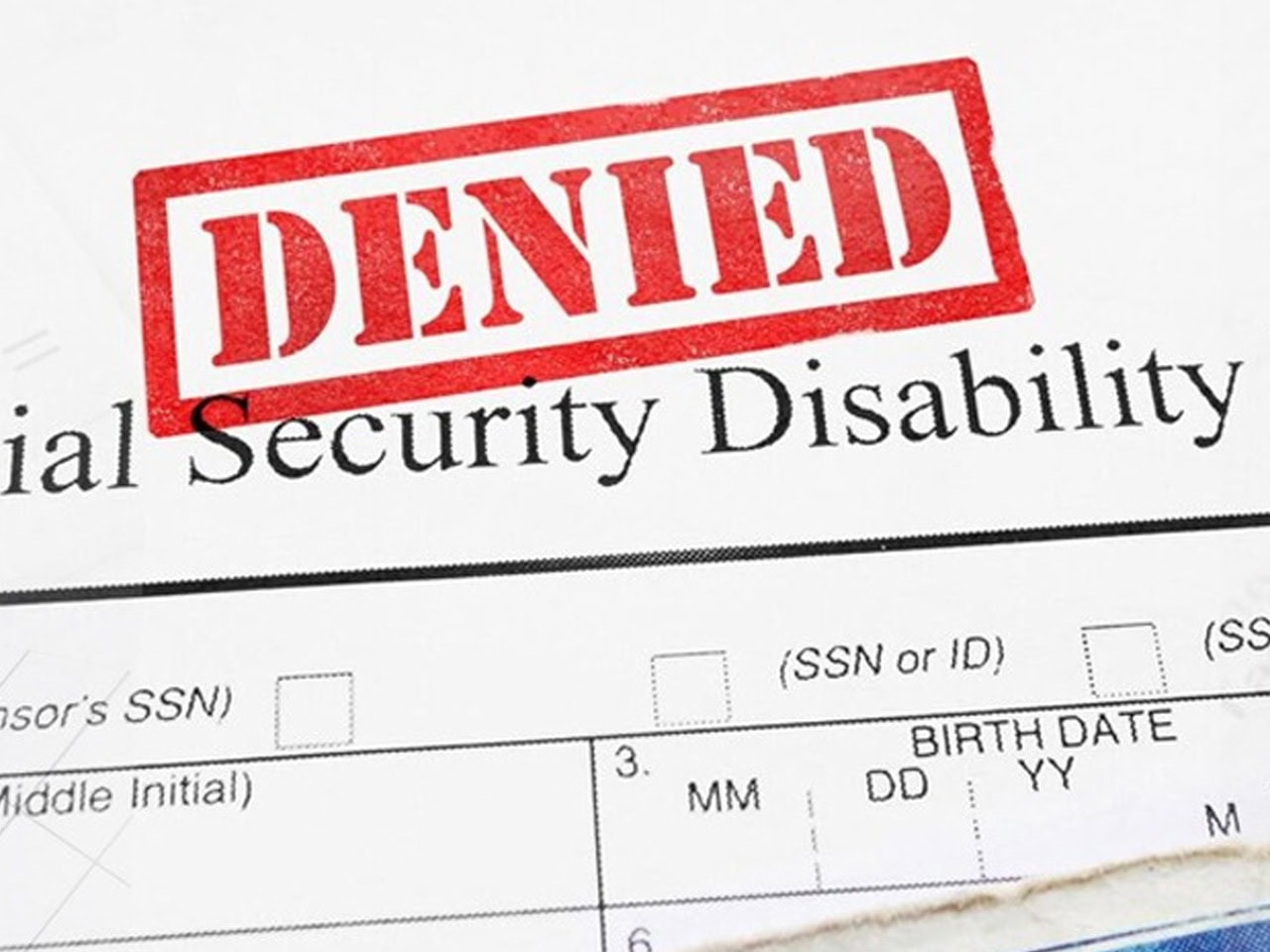When you’re living with a disability and have been denied benefits, the costs of living and medical care can be overwhelming. At Disability Attorneys of Michigan, we understand the challenges that can come with managing serious health conditions while trying to support yourself and your family. If your initial application is denied, don’t give up. There is still hope, and you don’t have to take on the Social Security Administration on your own. The appeals process can take time, but we’ll be by your side to fight for the benefits you are entitled to.

Navigating the Social Security disability benefits process can be daunting, especially when faced with the possibility of a claim denial. Even if you have a disability that significantly impacts your daily life and ability to work, there are various reasons why your Social Security disability claim may not be approved. Shockingly, between 2010 and 2019, about 67% of all disability claims were denied, highlighting the challenges many face in securing the support they need.
Understanding these factors can help you prepare a more thorough application and increase your chances of approval. If your claim is denied, it’s essential to review the reasons carefully and consider appealing the decision with the assistance of a qualified professional.
One of the most frequent reasons for denial is submitting an application that lacks essential information or contains inaccuracies. It’s crucial to provide detailed and precise documentation regarding your medical history, work history, and how your disability affects your ability to function.
The Social Security Administration (SSA) has strict criteria for what constitutes a qualifying disability. If your condition is deemed not severe enough to impede your ability to perform any substantial gainful activity, your claim may be denied. The SSA defines disability based upon the impact of your condition on your daily life and work capabilities.
The SSA requires that a disability be expected to last at least 12 months or result in death. If your medical condition is anticipated to improve within a shorter timeframe, your claim could be denied.
The SSA has specific income thresholds for disability benefits eligibility. Your claim may be denied if you are earning above the substantial gainful activity (SGA) level, which is adjusted annually. It’s essential to understand these limits and assess your income accurately.
To evaluate your claim thoroughly, the SSA needs access to your medical records. If you do not authorize the release of these records or fail to provide them promptly, your claim may be affected. This documentation is critical in establishing the validity of your disability.
Honesty is paramount when applying for Social Security disability benefits. If there is any indication that you have exaggerated your disability symptoms or misrepresented your income, it could result in a denial. The SSA conducts thorough investigations, and discrepancies can lead to serious consequences.
In some cases, the SSA may require you to undergo additional medical examinations to assess the severity of your condition. Not participating in these requested evaluations can lead to a denial, as the SSA may not have sufficient evidence to support your claim.
Receiving a denial for your Social Security disability claim can be a devastating experience, leaving you feeling discouraged and uncertain about your future. However, it’s important to remember that you have rights in this process, including the right to appeal the decision. Understanding these rights and the steps you need to take can empower you to move forward effectively.
While a denial can feel like a setback, exercising your rights and pursuing the appeals process can lead to a successful outcome. Stay proactive, gather all necessary documentation, and seek the guidance of an experienced Social Security Disability attorney who can help you advocate for the benefits you deserve.

Navigating the process of obtaining Social Security disability benefits in Michigan can often feel like an uphill battle, leaving many individuals feeling hopeless and anxious. The uncertainty of waiting for a decision can weigh heavily on your mind, especially if you’re struggling with a disabling condition that affects your quality of life. If your claim has been denied, you may feel unsure about your next steps and what options are available to you.
Don’t give up. Instead, seek the guidance of a skilled Michigan Social Security disability lawyer who can help you understand the complexities of the system and advocate for your rights. At Disability Attorneys of Michigan, our dedicated team of Social Security attorneys is committed to assisting you every step of the way. We understand that each case is unique and we provide personalized support tailored to your specific situation.
Our experienced disability lawyers are well-versed in Social Security disability law, and we will help you gather the necessary documentation, navigate the appeals process, and prepare a solid case to present to the Social Security Administration. Whether you are just starting your application or need to challenge a denial, we are here to ensure you don’t have to face this process alone.
Don’t let the challenges of the Social Security disability system discourage you. Contact us today to schedule a consultation, and let our knowledgeable attorneys work diligently on your behalf to help you secure the benefits you deserve. Your well-being is our priority, and we are ready to take action on your claim today.



We give our clients the best chance of obtaining the benefits they deserve
Over 600+ reviews on Google